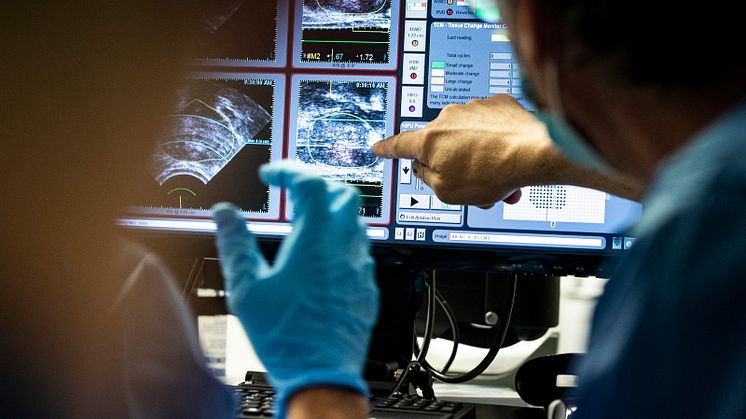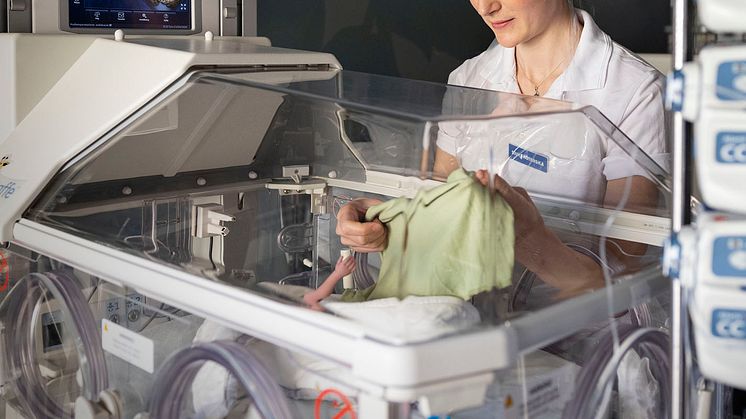High-fibre diet linked to reduced risk of heart disease in night shift workers
People who work at night have a higher risk of coronary artery disease, a type of heart disease. A new study suggests that a higher fibre intake in the diet may help reduce this risk. The study included over 220,000 adults in the UK and is published in the European Journal of Epidemiology.


















